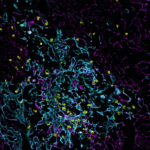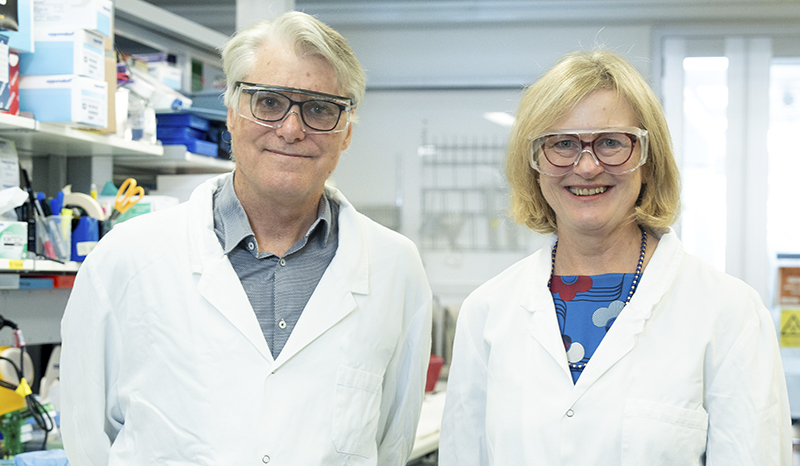What is lupus?
Lupus is a serious condition in which the body’s own immune system mistakenly produces molecules, called antibodies, that recognise a person’s own tissue. This ‘autoimmune’ attack can result in damage to a variety of organs.
The most severe form of lupus is systemic lupus erythematosus (SLE), which often affects many organs. Usually, the skin and joints are most affected, but damage can also occur to the kidneys, lungs, heart, brain and blood vessels.
Lupus can be difficult to diagnose. Many of its symptoms can be confused with other conditions. Symptoms can also vary between people, depending on which tissues the disease-causing antibodies attack.
In the long term, and also as a result of treatment, people with lupus are at an increased risk of:
- infection
- cancer
- bone thinning
- complications associated with pregnancy
In Australia, it is estimated that at least 20,000 people have lupus. Lupus places a substantial economic burden on our community. People with lupus have long-term healthcare needs and often have reduced quality of life.












